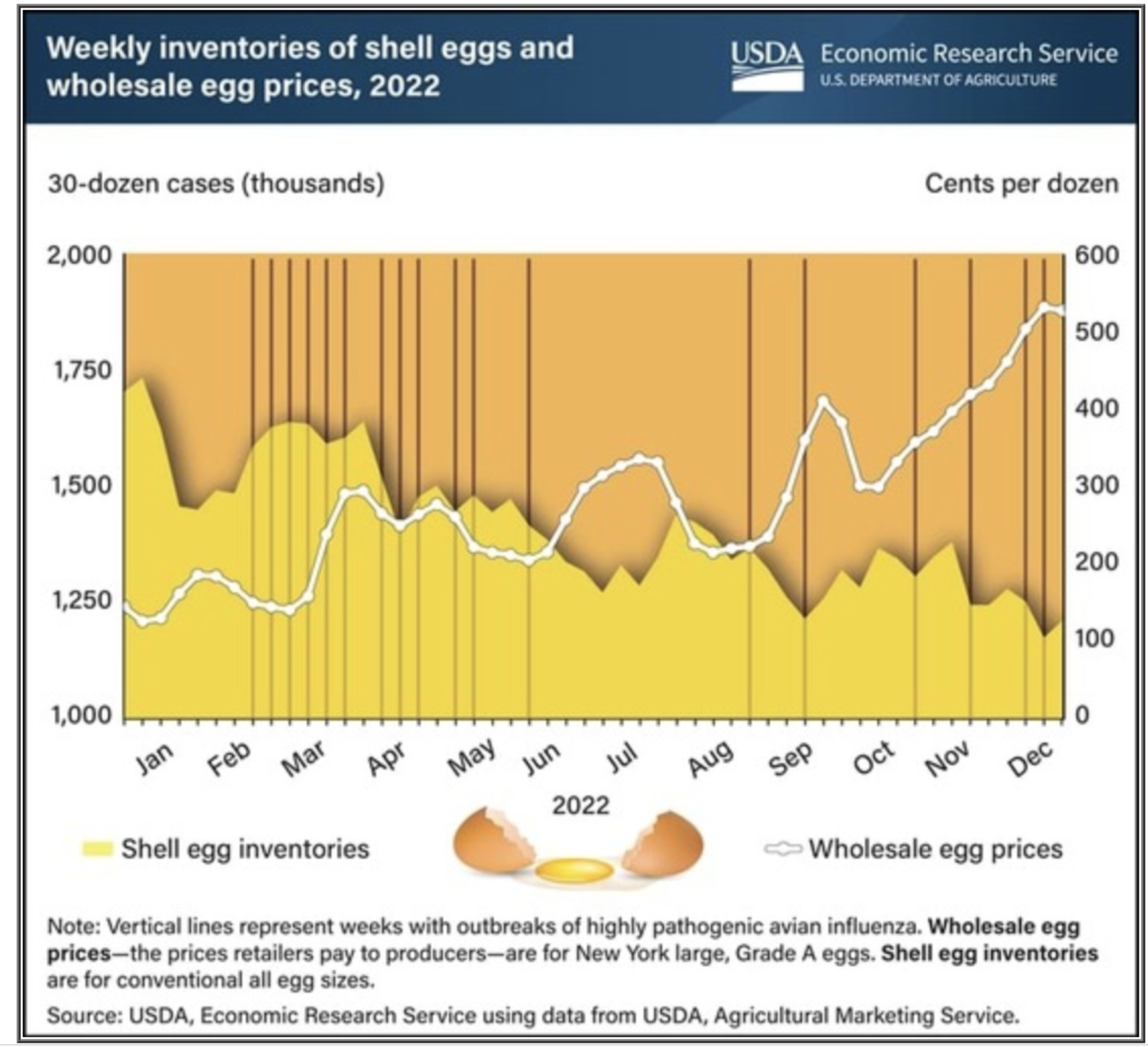Analyzing US-Canada Economic Ties: Experts Respond To Trump's Statements

Table of Contents
Trump's Trade Policies and their Impact on US-Canada Economic Ties
NAFTA Renegotiation and the USMCA
The renegotiation of the North American Free Trade Agreement (NAFTA) and the subsequent implementation of the United States-Mexico-Canada Agreement (USMCA) represent a pivotal moment in the history of US-Canada economic ties. While presented as a modernization effort, the renegotiation sparked considerable uncertainty and concern. Key changes included:
- Revised Rules of Origin: Stricter rules of origin, particularly for the automotive industry, impacted supply chains and production processes, requiring adjustments and potentially increasing costs.
- Dispute Resolution Mechanisms: Changes to dispute resolution mechanisms raised concerns about the ability to effectively address trade disagreements between the three countries.
- Digital Trade Provisions: The inclusion of digital trade provisions aimed to address the growing importance of e-commerce and data flows, but interpretations and implementation remain complex.
- Agricultural Provisions: Changes to agricultural provisions impacted certain sectors, leading to adjustments in trade flows and market access.
The effects on specific sectors, such as automotive, agriculture, and energy, were significant, leading to debates on the overall economic benefits and drawbacks of the USMCA compared to NAFTA. The impact varied considerably across industries, with some experiencing minimal disruption, while others faced substantial challenges.
Impact on Specific Industries
The impact of Trump's trade policies rippled through various key industries:
- Automotive Manufacturing: The stricter rules of origin in the USMCA significantly impacted the North American automotive industry, necessitating supply chain reconfigurations and investments. This led to job displacement in some areas and job creation in others, resulting in a complex and evolving economic picture.
- Energy Sector (Oil and Gas): Changes in energy policy and trade agreements affected cross-border energy flows, with implications for both Canadian energy exports to the US and US energy investments in Canada.
- Agriculture: The agricultural sector experienced both positive and negative effects, depending on specific products and trade relationships. While some agricultural exports benefitted, others faced increased barriers to entry.
- Technology Sector: The digital trade provisions in the USMCA had a significant impact on the technology sector, affecting cross-border data flows and digital services trade.
Statistical data from various sources—including government reports and independent economic analyses—are necessary to fully quantify the impact of these policy shifts on employment, investment, and overall economic growth in each sector.
Expert Reactions and Analysis of the Economic Fallout
Economic Forecasts and Models
Economists and analysts employed various economic models to predict the consequences of Trump's policies on the US-Canada relationship. These models, often employing econometric techniques, attempted to quantify impacts on GDP growth, job creation, and trade flows. While some models predicted negative growth in specific sectors, others suggested that the overall economic impact would be relatively muted. The differing results highlight the complexity of predicting economic outcomes and the sensitivity of models to underlying assumptions.
- Example: A study by [Cite Source] predicted a [Quantifiable Impact] decrease in GDP due to [Specific Policy]. Another study by [Cite Source] offered a more optimistic outlook, emphasizing [Specific Counter-Argument].
Statements from Canadian and American Economists
Numerous experts voiced concerns about the long-term implications of Trump's policies. For example, [Quote from Canadian Economist, cite source] highlighting the potential for negative impacts on investment and supply chain resilience. Conversely, some argued that the USMCA ultimately offered a modernized framework that would lead to long-term benefits. [Quote from American Economist, cite source]. This divergence in opinion reflects the complexity of assessing the overall economic impact.
The Future of US-Canada Economic Relations
Potential for Recovery and Strengthened Ties
Despite the challenges, the potential for recovery and strengthening of economic ties remains. Both countries share a significant interest in maintaining a strong and mutually beneficial trade relationship. Increased collaboration on issues such as:
- Clean Energy Technologies: Joint investments in clean energy technologies could foster economic growth and address shared environmental concerns.
- Technological Innovation: Collaboration in areas like artificial intelligence and biotechnology can strengthen competitiveness and create new opportunities.
- Infrastructure Development: Joint investments in infrastructure projects, such as cross-border transportation and energy infrastructure, could enhance trade flows and economic integration.
represent key avenues for future cooperation.
Long-Term Implications of Policy Shifts
Trump’s policies may have lasting implications for US-Canada economic relations. The shifts in investment patterns, supply chain dynamics, and overall economic integration require careful consideration. A reduced reliance on US markets may incentivize Canadian companies to diversify their trade relationships, while US companies might explore alternative supply chain options. The long-term implications will depend on future policy decisions and global economic conditions.
Conclusion
Trump's statements and trade policies had a significant impact on US-Canada economic ties, leading to uncertainty and disruption across several key industries. While the USMCA aimed to modernize the trade relationship, its effects were complex and varied. Expert analysis offered differing perspectives on the overall economic consequences. Looking forward, rebuilding and strengthening these crucial ties necessitates collaboration, focusing on shared opportunities and addressing lingering challenges. To further analyze US-Canada economic ties and understand the complexities of this crucial relationship, explore resources such as government reports, academic studies, and industry analyses to gain a comprehensive understanding of the ongoing impact on US-Canada economic ties.

Featured Posts
-
 Pimblett Vs Chandler Adesanyas Endorsement Of A Deserved Matchup
May 16, 2025
Pimblett Vs Chandler Adesanyas Endorsement Of A Deserved Matchup
May 16, 2025 -
 Tom Cruise And Ana De Armas Spotted Together Again Are They Dating
May 16, 2025
Tom Cruise And Ana De Armas Spotted Together Again Are They Dating
May 16, 2025 -
 Trumps Egg Price Prophecy An Analysis Of The Current Market
May 16, 2025
Trumps Egg Price Prophecy An Analysis Of The Current Market
May 16, 2025 -
 Dissecting The Gop Mega Bill A Closer Look At Its Contents
May 16, 2025
Dissecting The Gop Mega Bill A Closer Look At Its Contents
May 16, 2025 -
 San Jose Earthquakes Open Mls Season Against Real Salt Lake Saturday
May 16, 2025
San Jose Earthquakes Open Mls Season Against Real Salt Lake Saturday
May 16, 2025
